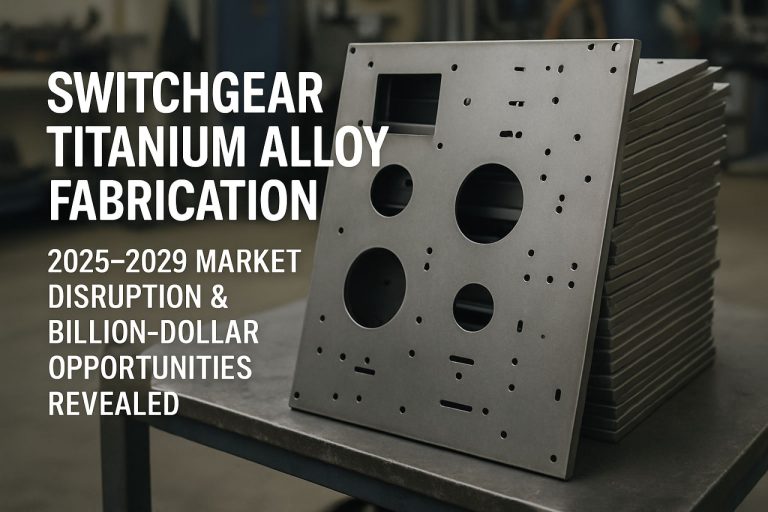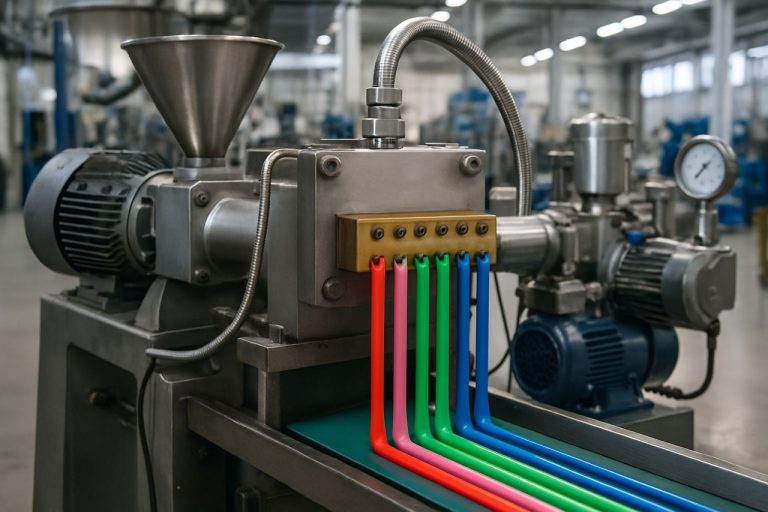
- Hyundai’s Metaplant America in Georgia marks a significant shift towards electric vehicle production, aiming to produce 500,000 EVs annually.
- The factory employs 1,200 workers to craft models like the Ioniq 5 and Ioniq 9, which emphasize ecological impact and advanced technology.
- Georgia benefits from a $2.1 billion partnership in tax incentives, boosting the local economy and underscoring the state’s role in EV innovation.
- Hyundai’s strategic expansion includes a $5.8 billion steel mill in Louisiana, enhancing their integrated manufacturing and supply chain efficiency.
- Company leaders stress long-term commitments and innovations that avoid tariffs, strengthening Hyundai’s international competitiveness.
- The initiative highlights Hyundai’s dedication to renewable energy, sustainable practices, and shaping the future of American manufacturing.
Beneath the whispering pines of Bryan County, Georgia, a technological marvel quietly reshapes the landscape—a testament to both innovation and ambition. Hyundai’s Metaplant America, a sprawling factory complex with futuristic allure, stands as a beacon of the electric vehicle movement, a testament to the next step in automotive evolution.
Less than two years after breaking ground in 2022, Hyundai has accelerated its vision, committing to amplify its production capacity by a staggering two-thirds, aiming to roll out 500,000 cutting-edge electric vehicles each year. This audacious target is not just about numbers; it signifies a bold stride towards a sustainable future and asserts Georgia as a pivotal player on the global stage of EV production.
The factory hums with life as 1,200 skilled workers meticulously assemble Hyundai’s latest innovations, including the sleek Ioniq 5 and the robust Ioniq 9. These vehicles are not just cars; they are harbingers of change, crafted with precision and a keen eye on ecological impact. The anticipation is palpable as the Ioniq 9 prepares for its debut this spring, promising to captivate with increased range and enhanced technological features.
Hyundai’s ambitious endeavor has attracted $2.1 billion in tax incentives, underscoring the significant partnership with state and local governments. This collaboration not only invigorates the local economy but also redefines the state’s industrial landscape, transforming Georgia into a formidable hub for electric mobility.
Yet, Hyundai’s vision stretches beyond Georgia’s borders. In a move illustrating strategic foresight, the company is laying the foundations for a $5.8-billion steel mill in Louisiana. This facility is designed to supply crucial auto parts, ensuring seamless operations in Hyundai’s assembly plants across Georgia and Alabama. It represents an integrated approach to manufacturing, reducing supply chain complexities and fortifying the company’s commitment to domestic production.
Hyundai’s Executive Chairman, Euisun Chung, radiates optimism. He affirms that the company’s investments are not fleeting commitments but long-term pledges. He speaks to a growing certainty that Hyundai is not just building cars—it’s crafting the future of mobility in America.
For Hyundai Motor Company CEO Jose Munoz, timing is fortuitous. As global trade dynamics shift, the strategic location of Metaplant America ensures that vehicles produced here will evade tariffs, giving Hyundai a competitive edge in the international market.
The expansion of Hyundai’s electric vehicle production is more than an industrial milestone; it’s a compelling narrative about innovation, resilience, and sustainability. As Hyundai plants its roots deeper in Georgian soil, it sends a clear message: the future of automotive technology is electric, and it’s charging full speed ahead from the heart of America.
The takeaway is unmistakable—Hyundai’s aggressive expansion not only signals their commitment to renewable energy and sustainable practices but also plays a crucial role in shaping the landscape of American manufacturing.
Hyundai’s Bold Leap Forward: Transforming Georgia Into a Global EV Powerhouse
The Impact of Hyundai’s Metaplant America on the Electric Vehicle Industry
Hyundai’s Metaplant America is redefining the automotive landscape and positioning Georgia as a central player in the rise of electric vehicles (EVs). Here are some additional insights and details about this remarkable development that were not fully explored:
How Hyundai is Leading the Electric Vehicle Charge
1. Commitment to Sustainability:
– Hyundai’s Metaplant is not just about producing electric vehicles but also about transforming how these vehicles are made. The plant integrates advanced sustainable practices, leveraging renewable energy sources to reduce its carbon footprint.
– By 2030, Hyundai aims to achieve net-zero carbon emissions in its production processes, further reinforcing its eco-friendly mission (Source: Hyundai Corporate Press).
2. Technological Innovations:
– The Ioniq 9’s anticipated features include an extended battery life of up to 350 miles on a single charge and ultra-fast charging technology, allowing 80% charging in under 20 minutes.
– Cutting-edge driver-assistance systems and AI-driven features are embedded in these vehicles, offering a seamless blend of convenience, safety, and efficiency.
3. Economic Boost and Job Creation:
– The plant is expected to bring around 8,100 additional jobs to the region once fully operational, stimulating both direct employment and secondary job creation in related sectors (Source: Georgia Economic Development).
4. Hyundai’s Strategic Vision:
– Hyundai’s $5.8-billion investment in a Louisiana steel mill underscores its strategy to strengthen its domestic supply chain, reducing reliance on foreign parts and ensuring cost efficiency.
– This integrated supply chain approach is expected to shield Hyundai from global disruptions, ensuring consistent quality and delivery for its EV lineup.
Market Forecasts & Industry Trends
– The Rise of EVs in the U.S.: With growing consumer demand, EV sales in the U.S. are expected to reach 40% of total new car sales by 2030 (Source: Bloomberg New Energy Finance). Hyundai’s proactive moves position it ahead of this curve.
– Investment in Infrastructure: The rollout of urban charging stations is essential. Hyundai’s partnerships ensure that charging infrastructure expands alongside vehicle sales, supporting both urban and rural areas.
Challenges and Opportunities
– Controversies & Limitations:
– Despite the local economic benefits, such projects often face environmental scrutiny and require careful navigation of regulatory landscapes.
– Hyundai must address consumer concerns about EV range anxiety and ensure broader infrastructure support.
– Security & Sustainability:
– Hyundai prioritizes cybersecurity in EVs, safeguarding against potential threats and ensuring customer data privacy.
Actionable Recommendations
– For Potential Buyers:
– Stay informed on tax incentives and government rebates for EV purchases, which can significantly reduce costs.
– Explore Hyundai’s EV lineup as a viable option for transitioning to sustainable transportation.
– For Industry Stakeholders:
– Consider collaborative partnerships with technology providers to enhance the efficiency and functionality of the EV ecosystem.
Conclusion
Hyundai’s Metaplant in Georgia is more than a manufacturing hub; it’s a beacon of innovation, resilience, and sustainability in the automotive industry. As Hyundai continues to drive forward with its ambitious plans, the future of mobility in America looks promisingly electric.
For more insights into Hyundai’s latest innovations and commitment to sustainability, visit Hyundai.



